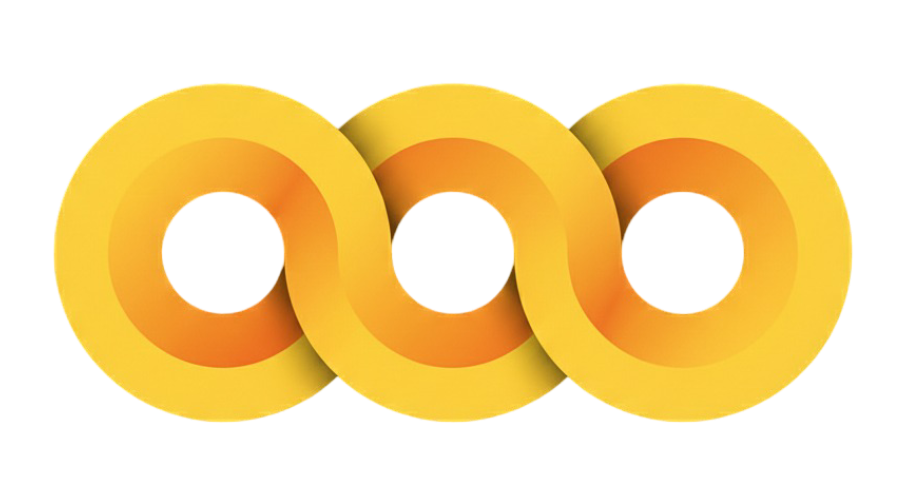Understanding Developer Content Marketing
Creating content for technical audiences requires a unique approach that differs significantly from traditional content marketing. Developers value depth, accuracy, and practical application above all else. This guide explores how to create content that resonates with technical audiences while achieving your marketing objectives.
Developing Technical Content Strategy
Understanding Developer Information Needs
Technical audiences seek specific types of information during their decision-making process. They require detailed technical documentation, practical implementation examples, and clear explanations of underlying concepts. Your content strategy must address these needs at every stage of the developer journey, from initial discovery through to implementation and ongoing usage.
Content Quality Standards
Maintaining high technical accuracy is paramount when creating developer-focused content. Every piece of content should undergo thorough technical review to ensure accuracy and completeness. Code examples must be functional and follow current best practices. Technical claims should be supported by concrete evidence or practical demonstration.
Content Types and Formats
Technical Documentation
Documentation serves as the foundation of developer content marketing. Create comprehensive, well-structured documentation that includes:
Detailed API references with practical usage examples Step-by-step implementation guides Troubleshooting guides addressing common challenges Best practices and optimization recommendations
Educational Content
Develop educational resources that help developers understand complex technical concepts:
In-depth technical tutorials with practical applications Architecture deep-dives explaining system design decisions Performance optimization guides with measurable results Security best practices and implementation guidance
Distribution and Engagement
Channel Selection
Choose distribution channels that align with developer preferences and behaviors:
Technical documentation platforms that support interactive examples Developer community forums where technical discussions occur Social platforms where developers actively share knowledge Technical conferences and events for direct engagement
Community Building
Foster a strong developer community around your content:
Create spaces for technical discussion and knowledge sharing Encourage contribution from community members Recognize and highlight community contributions Facilitate peer-to-peer learning opportunities
Measuring Content Effectiveness
Technical Metrics
Track metrics that indicate content effectiveness for technical audiences:
Documentation usage patterns and search behavior Code sample implementation rates Technical support ticket trends Developer satisfaction scores
Engagement Analysis
Monitor how developers interact with your content:
Time spent on technical documentation Interactive example usage rates Community discussion participation Content sharing within technical communities
Content Maintenance and Updates
Technical Currency
Keep technical content current and accurate:
Regular reviews of technical accuracy Updates for new platform versions or API changes Deprecation notices and migration guides Security advisory updates
Content Evolution
Continuously improve content based on developer feedback:
Address common implementation challenges Expand coverage of advanced topics Create content series that build technical expertise Develop resources for different skill levels
Conclusion
Effective developer content marketing requires a deep understanding of technical audience needs and a commitment to maintaining high standards of accuracy and usefulness. Focus on creating valuable technical resources that help developers succeed with your platform or technology. Remember that building trust with technical audiences takes time and consistent delivery of high-quality content.
